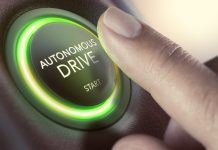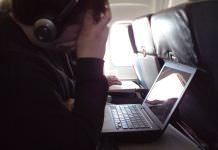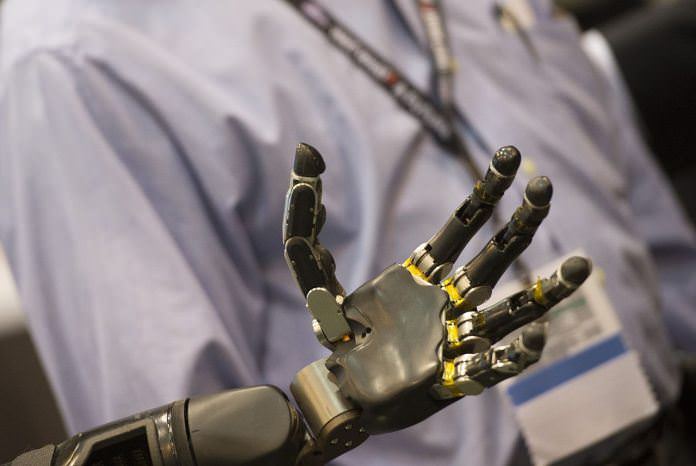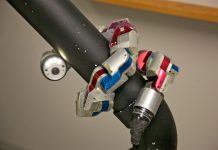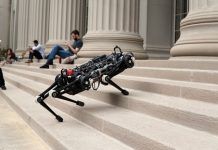Researchers have recently suggested that robots should be fitted with a so-called ethical black box to keep track of their decisions and allow them to be able to explain their actions in case of accidents.
As robots seem to spread out of the controlled environments such as industrial production lines to work shoulder to metal shoulder with humans as security guards, customer assistants and such, the need for these safety measures has increased.
At a conference that will be held at the University of Surrey on Thursday, experts will discuss many topics involving robots operating without the remote control of humans. What was the cause of this particular question to be raised was an incident that happened days before when a K5 security robot called Steve fell into a fountain while patrolling in Georgetown. Thankfully, no one was hurt in the process.
Alan Winfield, a professor of robot ethics at the University of the West of England in Bristol, told us that while he hopes that this kind of situations will be rare, they cannot be escaped since every situation involving humans and robots together carries a potential for accidents to happen.
The world’s first fatal self-driving car crash happened in May of 2016 when a man was killed in his Tesla Model S. Putting the vehicle on the Autopilot, neither Joshua Brown or the car saw a truck in their path, causing the fatal collision.
A further investigation led to blame the driver for the fatal crash, but this still raised some voices that critiqued the Elon Musk’s Tesla company for possibly testing the safety of their vehicles on their customers.
Winfield and Marina Jirotka, professor of human-centred computing at Oxford University, were the ones to suggest the addition of an ethical black box in robots that could also be found in the aviation industry which help accident investigators to understand exactly why a plane crashed. This insertion would make it possible for a robot to record its decisions, how and why they made them and information from cameras and microphones.
Serious cases of accidents will have to be investigated, which will be pretty much impossible if there are no records of robot’s actions and decision, Winfield stated.
One of the reasons why commercial aircraft are so safe is their tough safety certification processes and detailed and public air accident investigations, researchers wrote in a paper which will be presented at a meeting at Surrey.
Although, this wouldn’t be the only benefit of adding the ethical black boxes to robots. This could help robots with the ability to explain their action in simple language which would help users feel more comfortable with using the technology in question.





